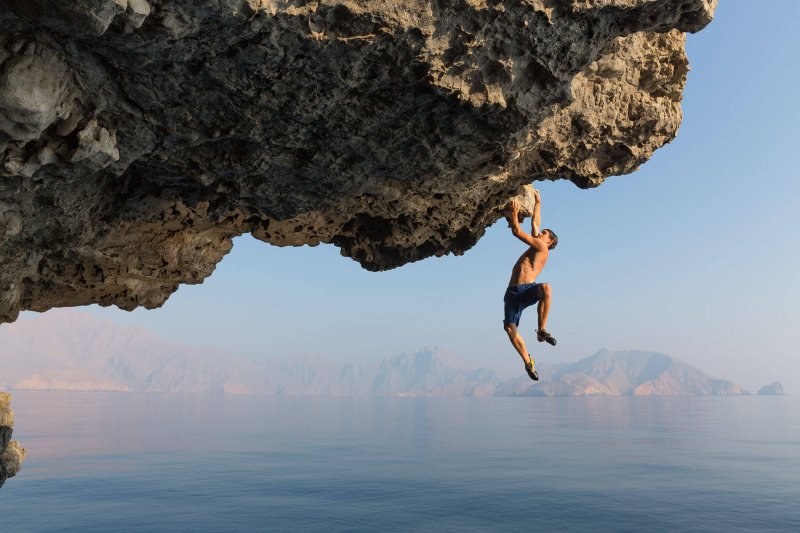…
When the Explorers Hall presentation concluded,…neurobiologist [Jane Joseph] waited to share a few words with Synnott about the part of the brain that triggers fear…[She] said, “That kid’s amygdala isn’t firing.”
…
[However, a]n initial anatomical scan of Honnold’s brain [showed otherwise]…Whatever else explains how Honnold can climb ropeless into the Death Zone, it isn’t because there’s an empty space where his amygdala should be. At a glance, Joseph says, the apparatus seems perfectly healthy.
…
Genetics has a clearer role in the personality traits that have helped motivate Honnold’s ropeless climbing…The trait is associated with lower anxiety and a blunted response to potentially dangerous situations.
…
The total lack of activation throughout most of Honnold’s brain during the reward task is a good fit with the hypothesis that sensation seekers need powerful stimuli in order to ramp up the dopamine circuitry that makes an experience feel rewarding, Joseph says…
The GLP aggregated and excerpted this blog/article to reflect the diversity of news, opinion and analysis. Read full, original post: The Strange Brain of the World’s Greatest Solo Climber































